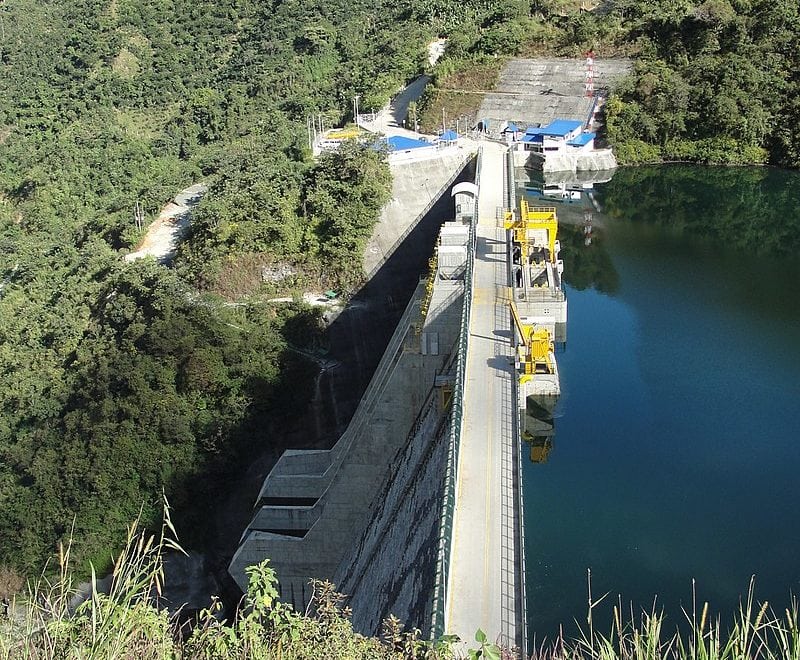1. Costa Rica plans to be fossil-free by 2021
Going 100% green is not a distant dream. This is the message that Costa Rica is sending to the world. Earlier this month, newly inaugurated president Carlos Alvarado laid out his goal to get the country completely off fossil fuels by 2021. With 99% of its electricity already coming from renewable sources, Costa Rica is well on its way. Mr. Alvarado may face opposition from an influential Evangelical party, but if he succeeds, Costa Rica will join Albania, Iceland and Paraguay in being independent from fossil fuels.
2. Researchers in Antarctica prepare to host the continent’s first-ever Pride celebration
The cold never bothered them anyway. Next Saturday the staff at the McMurdo research station in Antarctica will hold the continent’s first-ever Pride celebration. At a time of year when the sun is only visible for a few hours each day, this historic party will surely bring an extra dose of cheer to the 133 employees currently working at the station.
Next week’s event won’t be the first public expression of pride at McMurdo. Employees identifying as queer say they host smaller LGBTQ meet-ups throughout the year, which are especially significant during the long winters when nothing else is really happening. Last year, nonprofit organization Planting Peace sent its president and a group of its members with a Pride flag to Antarctica. They dubbed it “the first gay-friendly continent”.
3. Baltimore’s arabbers bring fresh produce to food deserts while keeping their tradition alive
‘Nana, ‘nana, ‘nana! The animated cries of street vendors selling bananas, melons and other produce might catch one’s ear on any given day in West Baltimore. These vendors, called arabbers, make up a centuries-old industry that has provided economic opportunities for generations of Black people facing exclusion from the U.S. economy. Marked by colorful horse-drawn carts piled high with fruits and vegetables, the arabbing tradition and livelihood once characterized port cities along the East Coast.
In recent years, however, increasing regulations have put a strain on Baltimore’s arabber community and caused a drop in their numbers. Still, arabbers play an important role in communities lacking access to grocery stores. Because they travel – up to 24 miles a day on foot, they can bring fresh produce to people living in food deserts and people with mobility challenges. In 1994 the donor-supported Arabber Perservation Society was started to make sure arabbing remains a viable source of income and nutrition in the neighborhoods of Baltimore.



